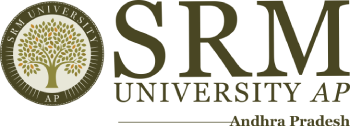PSB
Department of Commerce
B.Com. (CA Integrated)
The B.Com. (CA Integrated) is a three-year degree programme (the fourth year is optional). The salient features of the programme are:
- The curriculum is tightly tailored to fit the requirements of the CA course.
- Online CA coaching by experts/practising Cas for 4-6 hours every Saturday (barring exam time, public holidays, and when there are University functions).
- The fourth year would be optional for students opting to go abroad.
- While the course is integrated with CA, it would also allow students to pursue CS, CMA and CA.
- 30-50% of all courses would be taught by practising Chartered Accountants (CAs).
- The programme would align with the New Education Policy (NEP 2020).
- The programme would be highly technology–focused, with accounting software, AI, and digital literacy as all parts of the curriculum.
- Opportunity for internships at CA firms, auditors or related institutions.
B.Com. (Fintech and Banking)
The value of global venture capital investment in fintech companies rose from $48.9 billion to $131.5 billion between 2020 and 2021. The Fintech sector is also booming in India , ranking third globally in the number of FinTechs. Likewise, the banking sector is also experiencing an upsurge. The lines between the Fintech and Banking sectors are blurring; all major banks in India have Fintech operations, and likewise, Fintech companies tightly integrate their offerings with banks. India is a leader in Fintech, and PSB offers a futuristic programme, B.Com. (Fintech and Banking).
The B.Com. (Fintech and Banking) is a three-year degree programme (the fourth year is optional). The salient features of the programme are:
- There are numerous courses exclusively related to Fintech and Banking -
- Students at the end of the course will get a minimum of three interview chances at a Bank/Financial Institution/Bank. Thus, the programme comes with a near-job guarantee of Rs 3.75 lakhs to Rs 6.5 lakhs (depending upon the financial institution in which the student is placed).
- A majority (>75%) of the above courses would be taught by practitioners from the Fintech/Banking industries.
- There would be internships (including paid ones) at Banks and Fintech companies.
- At the end of the course, students can get a job or do an MBA at PSB or elsewhere. Alternatively, they can work for a few years and enhance their MBA prospects.
Programme Educational Objectives (PEO)
To provide a basic to in-depth understanding of the nuts and bolts of the business.
To enable students to secure better career opportunities in Accounting, Finance, Taxation, Banking, Business Analytics and E-Commerce.
Exhibit leadership traits across various teams and groups in achieving the organisational goals.
Programme Specific Outcomes (PSO)
Apply knowledge of business, accounting, finance, analytics, auditing, and taxation at both macro and micro levels.
Analysis of data to solve complex economic problems.
Apply economic theories and concepts to contemporary social issues, as well as policy formulation and analysis.
Programme Outcomes (PO)
Scientific and Disciplinary Knowledge
Capable of demonstrating comprehensive knowledge and understanding of one or more disciplines that form a part of an undergraduate programme of study.
Analytical Reasoning and Problem-Solving
Ability to evaluate the reliability and relevance of evidence; Capacity to extrapolate from what one has learned and apply their competencies to solve different kinds of non-familiar problems, rather than replicate curriculum content knowledge; and apply one’s learning to real-life situations.
Critical and Reflective Thinking
Capability to apply analytic thought to a body of knowledge; analyse and evaluate evidence, arguments, claims, and beliefs based on empirical evidence; identify relevant assumptions or implications; formulate coherent arguments; critically evaluate practices, policies and theories by following a scientific approach to knowledge development. Critical sensibility to lived experiences, with self-awareness and reflexivity of both self and society.
Scientific Reasoning and Design Thinking
Ability to analyse, interpret and draw conclusions from quantitative/qualitative data; and evaluate ideas, evidence and experiences from an open-minded and reasoned perspective pertaining to incorporating into a system.
Research Related Skills
A sense of inquiry and capability for asking relevant/appropriate questions, problematising, synthesising, and articulating; Ability to recognise cause-and-effect relationships, define problems, formulate hypotheses, test hypotheses, analyse, interpret and draw conclusions from data, establish hypotheses, predict cause-and-effect relationships; ability to plan, execute and report the results of an experiment or investigation.
Modern Tools and ICT Usage
Capability to use ICT in a variety of learning situations; demonstrate the ability to access, evaluate, and use a variety of relevant information sources; and use appropriate software for analysis of data.
Environment and Sustainability
Understand the impact of scientific solutions in societal and environmental contexts, and demonstrate the knowledge of and need for sustainable development.
Moral, Multicultural and Ethical Awareness
Possess knowledge of the values and beliefs of multiple cultures and a global perspective; and the capability to effectively engage in moral/ethical values in conducting one’s life, formulate a position/argument about an ethical issue from multiple perspectives, and use ethical practices in all work. Capable of demonstrating the ability to identify ethical issues related to one’s work. Avoid unethical behaviour such as fabrication, falsification or misrepresentation of data or committing plagiarism, not adhering to intellectual property rights; appreciating environmental and sustainability issues; and adopting objective, unbiased and truthful actions in all aspects of work.
Individual and Teamwork Skills
Ability to work effectively and respectfully with diverse teams; facilitate cooperative or coordinated effort on the part of a group and act together as a group or a team in the interests of a common cause and work efficiently as a member of a team.
Communication Skills
Ability to express thoughts and ideas effectively in writing and orally; Communicate with others using appropriate media to confidently share one’s views and express herself/himself; demonstrate the ability to listen carefully, read and write analytically, and present complex information clearly and concisely to different groups.
Leadership Readiness Skills
Capability for mapping out the tasks of a team or an organisation, setting direction, formulating an inspiring vision, building a team that can help achieve the vision, motivating and inspiring team members to engage with that vision, and using management skills to guide people to the right destination, in a smooth and efficient way.
Self-Directed and Life Long Learning
Ability to work independently, identify appropriate resources required for a project, and manage a project through to completion; Ability to acquire knowledge and skills, including “learning how to learn”, that is necessary for participating in learning activities throughout life, through self-paced and self-directed learning aimed at personal development, meeting economic, social and cultural objectives, and adapting to changing trades and demands of the workplace through knowledge/skill development.


